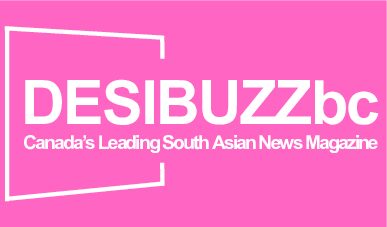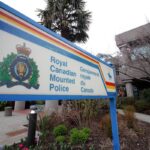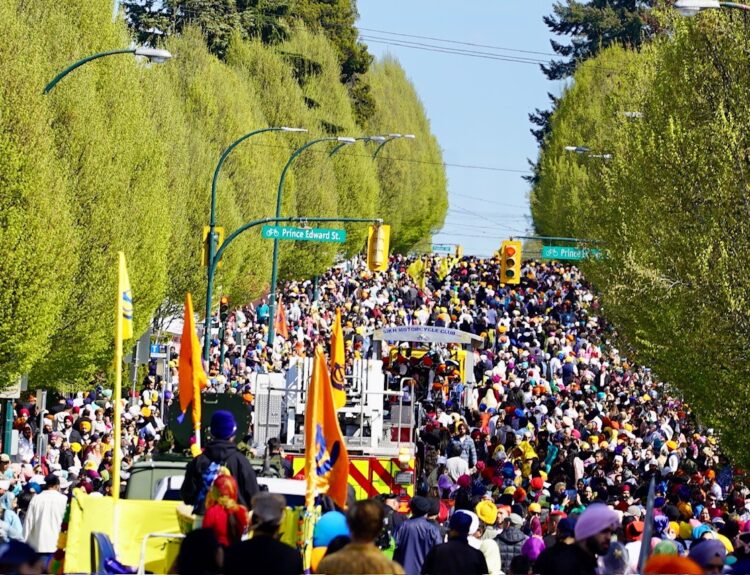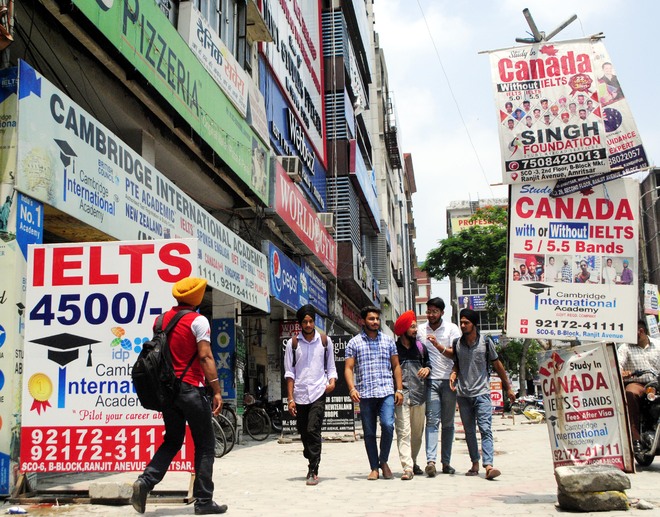Will Federal Conservatives Carbon Tax Fight Make Impact During October 19 BC Election – Conservative Party of BC Benefitting Already!
In the face of heavy criticism on key issues like near $4 billion deficit and 20 percent tax on real-estate investors, BC NDP still top choice ahead of October 19 election. But will the federal Conservatives carbon tax fight have any impact during the fall election. Recent Angus Reid poll finds 43% would vote NDP, 22% each back BC Conservatives, BC United. With the rightwing opposition clearly dividing the vote, the NDP will continue being brazen unless numbers change as the election approaches. Meanwhile, another new poll shows the Conservative Party of BC within six per cent of the BC NDP. The poll from Mainstreet Research — released Thursday (March 21) after being conducted on March 18-19 — finds that 40 per cent of decided voters would vote for the provincial New Democrats if an election were to be held today. The Conservative Party of BC under John Rustad would receive 34 per cent of the vote, more than twice the 15 per cent BC United under Kevin Falcon would receive.
By R. Paul Dhillon – Editor DESIBUZZCanada
VANCOUVER – In the face of heavy criticism on key issues like near $4 billion deficit and 20 percent tax on real-estate investors, BC NDP still top choice ahead of October 19 election. But will the federal Conservatives carbon tax fight have any impact during the fall election. Recent Angus Reid poll finds 43% would vote NDP, 22% each back BC Conservatives, BC United. With the rightwing opposition clearly dividing the vote, NDP will continue being brazen unless numbers change as the election approaches.
It looks like Premier David Eby, who took over from popular leader John Horgan who delivered one of the largest victories for the party since the 1990s, will be looking to win his first elected term, after taking over from Horgan in 2022.

Poll finds BC United will be hoping to overcome a precipitous fall in the polls, and the previously single digit polling provincial Conservative Party will hope to prove that they are indeed more than a spillover choice from the surging federal brand.
However, new data from the non-profit Angus Reid Institute finds conditions comfortable yet potentially concerning for the governing BC NDP.
The good: The party doubles both of its closest rivals in vote intention (43% NDP, 22% BC United, 22% Conservative Party of B.C.) and is the preferred party to lead on a host of top issues facing the province, including the cost of living, and health care.
The bad: For four of the five top issues facing the province, at least seven-in-ten residents say the government is doing a poor job on each. Amid this, fully half (51%) of residents say it’s time for a change in government.

Nonetheless, a fractured opposition and a muddled political picture has the BC NDP coasting, at least for now. This, as BC United leader Kevin Falcon and Conservative Party of B.C. leader John Rustad both fail to break 25 per cent in favourability.
With election talk likely to continue to ramp up, both leaders will have an opportunity to meet and convince voters to make their party the real threat to the incumbent BC NDP.
Meanwhile, another new poll shows the Conservative Party of BC within six per cent of the BC NDP. The poll from Mainstreet Research — released Thursday (March 21) after being conducted on March 18-19 — finds that 40 per cent of decided voters would vote for the provincial New Democrats if an election were to be held today. The Conservative Party of BC under John Rustad would receive 34 per cent of the vote, more than twice the 15 per cent BC United under Kevin Falcon would receive. BC Greens under Sonia Furstenau would receive 10 per cent.

These figures confirm the continuing surge of the provincial Conservatives, largely at the expense of B.C. United.
BC election 2024 – More Key Findings of Angus Reid Poll:
The Lower Mainland/Fraser Valley region is the most competitive in the province. Here, 35 per cent support the BC NDP, 29 per cent support the B.C. Conservatives, and 28 per cent support BC United.
Metro Vancouver is a BC NDP strength. Half of residents say they would vote for the party in this region, with the B.C. Conservatives a distant second place (20%)
Men are relatively divided in their vote intention, with two-in-five (38%) saying they would vote for the incumbents and one-quarter supporting each of the Conservatives (26%) and BC United (27%). Women are three times as likely to support the BC NDP than any other party.
Half of would-be voters say they are voting to block a party they dislike rather than to support one they do like. Even among those who support the incumbents, just 55 per cent say they are voting for the party because they like what it stands for, while 45 per cent say they simply dislike the other options more.

















2 Comments
bei binance anmelden
2 months agoYour point of view caught my eye and was very interesting. Thanks. I have a question for you. https://www.binance.info/si-LK/register-person?ref=V2H9AFPY
Binance - rejestracja
1 month agoCan you be more specific about the content of your article? After reading it, I still have some doubts. Hope you can help me.